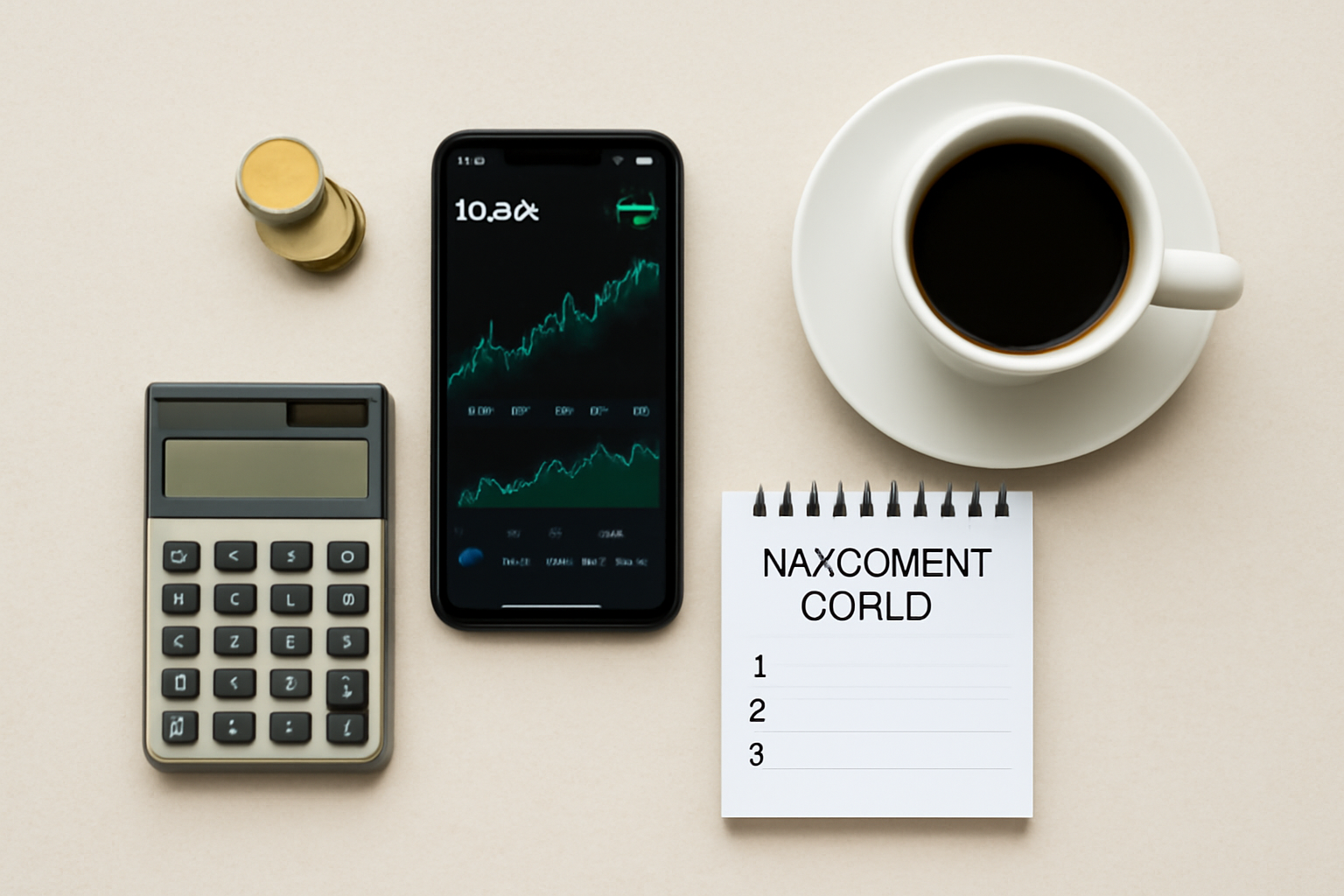Personal finance refers to the management of an individual’s or a family’s financial activities, including budgeting, saving, investing, and managing debt. It’s about making smart decisions with money in order to meet financial goals, both in the short and long term. If you’re wondering how to start managing your money, this guide will help you take the first step toward better financial health.
1. Understanding Personal Finance
Personal finance involves all the financial decisions you make, from spending and saving to investing and preparing for retirement. The primary goal is to allocate resources efficiently so you can live comfortably now, while also preparing for future needs.
Key Components of Personal Finance:
- Budgeting: Creating a detailed plan for how to spend your money each month.
- Saving: Setting aside money for future needs, including emergencies and retirement.
- Investing: Using your money to generate income through investments like stocks, bonds, or real estate.
- Debt Management: Managing loans and credit cards to ensure you’re not overwhelmed with interest and repayment.
2. Creating a Budget
The foundation of personal finance management is budgeting. A budget helps you allocate your income toward necessary expenses, savings, and even fun. With a well-thought-out budget, you’ll avoid overspending and can reach your financial goals faster.
How to create a budget:
- Track your income: List all sources of income, including your salary, side gigs, or any other earnings.
- List your expenses: Write down fixed expenses like rent, utilities, insurance, and variable expenses like groceries and entertainment.
- Set limits: Allocate a certain amount of money to each category, and stick to it.
- Use budgeting tools: Apps like Mint, YNAB, and EveryDollar can help you track your spending and stay within your budget.
3. Saving for Emergencies and Future Goals
One of the most important aspects of personal finance is saving. Having a safety net in place can protect you from unexpected situations, like losing a job or needing emergency medical care. Additionally, saving for long-term goals, such as buying a house or retirement, is crucial for financial security.
How to save effectively:
- Start small: Even setting aside a small percentage of your income can build over time.
- Emergency fund: Aim to have 3-6 months of living expenses saved up in case of emergencies.
- Automate savings: Set up an automatic transfer from your checking account to your savings account to make saving easier.
4. Paying Off Debt
Debt can be a major obstacle to achieving financial freedom. Whether it’s student loans, credit card debt, or a mortgage, paying off debt should be a priority. By eliminating high-interest debt, you free up money that can be used for savings and investments.
How to pay off debt:
- List your debts: Write down all of your debts, including the amount, interest rate, and due dates.
- Prioritize high-interest debts: Focus on paying off the debts with the highest interest first, such as credit card balances.
- Consider debt consolidation: If you have multiple debts, consolidating them into one loan with a lower interest rate may help you manage payments more easily.
5. Investing for the Future
Once you have a budget and emergency savings in place, the next step is investing. Investing allows your money to grow and helps you prepare for future goals like retirement, buying a house, or sending kids to college.
How to start investing:
- Understand risk: Different investments come with different levels of risk. Stocks are riskier but can yield higher returns, while bonds are safer but offer lower returns.
- Start with low-cost options: Index funds and exchange-traded funds (ETFs) are good options for beginners because they offer diversification and low fees.
- Think long-term: Investing is not a get-rich-quick strategy. The goal is to build wealth over time by making smart decisions and sticking with your investments.
6. Monitor and Adjust Your Plan
Personal finance is an ongoing process. As your life and financial situation change, you’ll need to adjust your financial plan accordingly. Regularly reviewing your budget, savings, and investments will help you stay on track toward your goals.
How to monitor your finances:
- Review your budget: Make sure your spending habits align with your financial goals.
- Check your investments: Regularly review your investment portfolio to ensure it’s still in line with your goals and risk tolerance.
- Adjust as needed: If you experience a significant life change, like a job loss or a big move, you may need to update your financial plan to reflect your new situation.
Conclusion
Personal finance is all about making smart decisions with your money to secure a comfortable present and a stable future. By understanding key concepts like budgeting, saving, debt management, and investing, you can take control of your financial situation and work toward achieving your goals. Remember that managing your money is a journey, not a destination. Start small, stay consistent, and watch your financial health improve over time.
